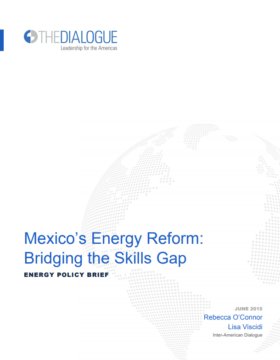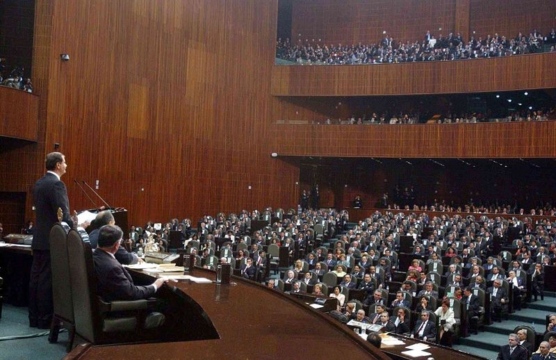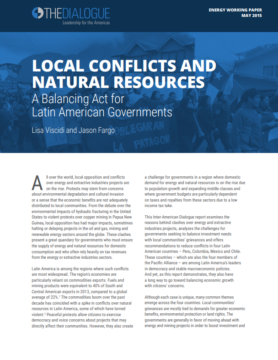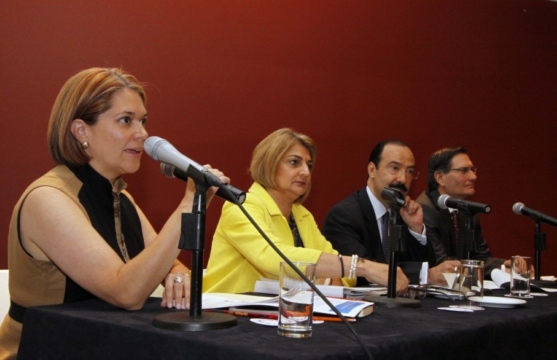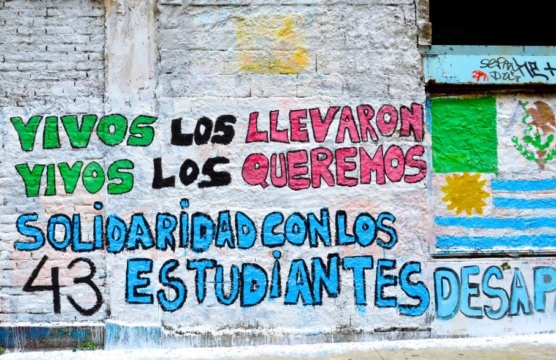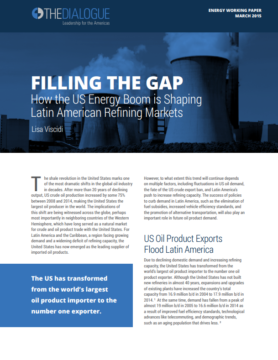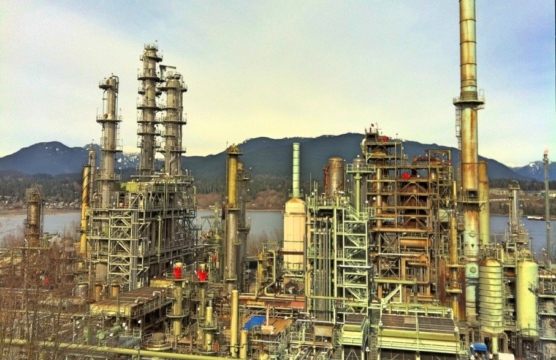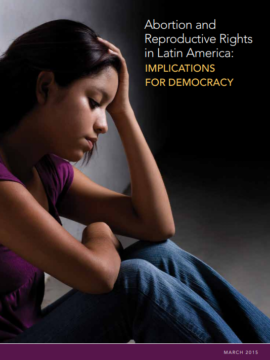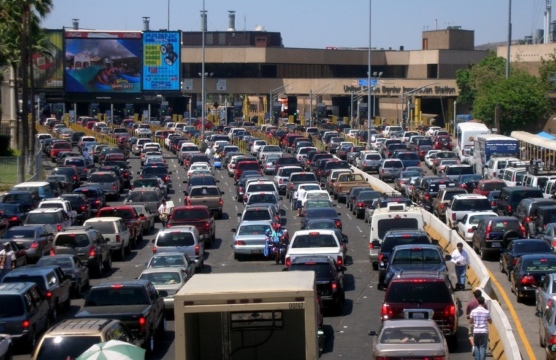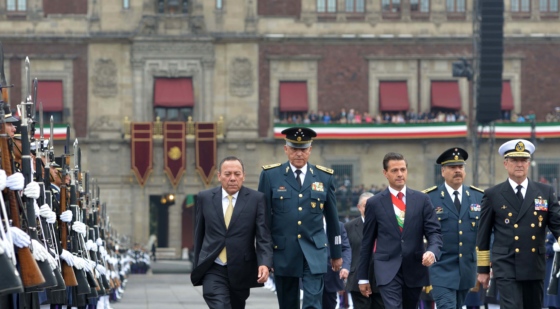
Has Mexico’s Security Improved Under Peña Nieto?
What should be the first tasks of Renato Sales, whom Peña Nieto named as his national security commissioner?
What should be the first tasks of Renato Sales, whom Peña Nieto named as his national security commissioner?
Mexico’s ambitious reform agenda–spanning across educational, electoral, and energy initiatives–has fallen short of expectations.
The following is a sample of RIO’s monthly newsletter related to net migration flows from Mexico and Central America to the US.
Lorenzo Córdova, head of Mexico’s National Electoral Institute, gave an overview of the country’s most recent electoral reform.
Joaquín Villalobos provided an outlook on the hemisphere’s ongoing conflicts and challenges.
The implementation of Mexico’s landmark education reform has not been without difficulties and conflicts.
Firms across Latin America are complaining about the difficulties of recruiting workers with the technical skills their businesses demand. Lack of adequate skills is becoming a bottleneck for growth in technologically complex industries, harming government efforts to increase investment in strategic sectors of the economy. In Mexico, the energy reform creates opportunities to generate new jobs and educate and train workers in specialized skillsets, but the country will also face challenges in meeting additional demand for skilled labor.
Mexicans will head the polls on June 7 for a historic election. How have recent developments affected the standing of the PRI?
Conflicts over energy and natural resources are leading to social turmoil and posing serious challenges for investment projects all over Latin America. To better manage such conflicts, Latin American governments must step up their involvement in the consultation process and communicate more effectively with local communities about potential social, environmental and economic impacts, according to a new report by the Inter-American Dialogue.
Mexico has no shortage of skilled workers but needs to better align the qualifications of its graduates with the needs of the energy sector.
Although rates of homicide remain high in Mexico, the country’s efforts to improve security are advancig.
The surge in unconventional oil and gas production in North America has dramatically shifted energy markets in the Americas, with important implications for Latin America and the Caribbean. A new report by Lisa Viscidi, Director of the Energy, Climate Change and Extractive Industries Program at the Inter-American Dialogue, examines the factors behind rising oil demand and the growing deficit in refining capacity in Latin America, as well as the geopolitical implications of increasing US oil product exports to the region.
Crude oil exports from Latin America to the US have plummeted as oil production in the region has slumped while demand is on the rise.
Latin American countries have some of the most restrictive reproductive health laws and policies in the world, particularly with regard to abortion. In part this stems from not recognizing reproductive freedom as a fundamental human right. However, imposing legal restrictions on abortion does not reduce the likelihood that women will seek this reproductive health service. Instead, harsh laws compel women to risk their lives and health by seeking out unsafe abortions.
How will the change affect the countries’ trade relationship? What will be the economic impact in the United States and Mexico?
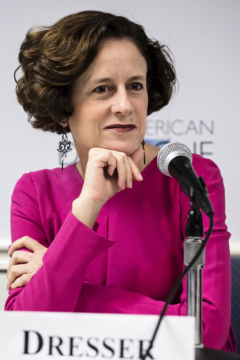 Video
Video

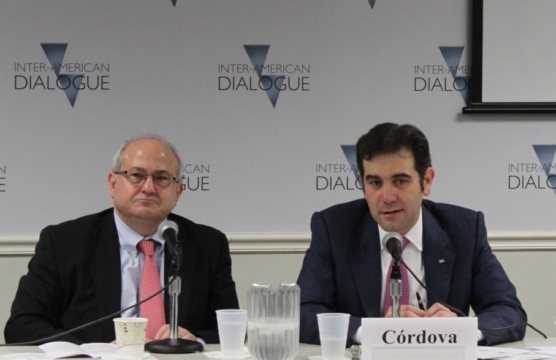 Video
Video
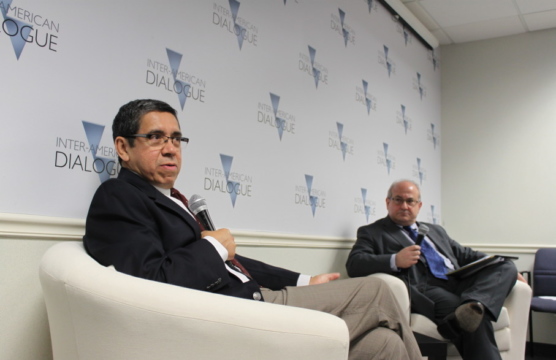 Video
Video
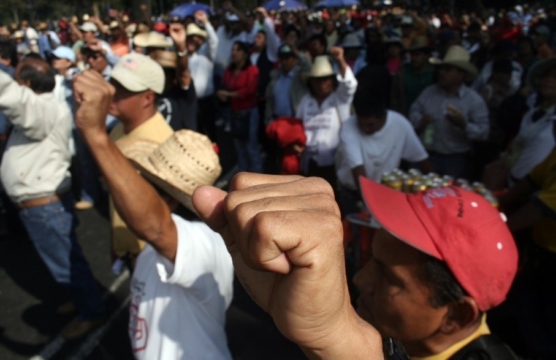 Video
Video
